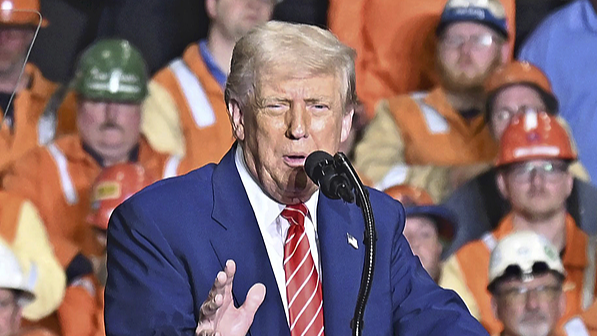In a landmark lawsuit filed on Friday in Washington, D.C., Public Broadcasting Service (PBS) challenged President Trump’s executive order to cut its federal funding, calling it an "unconstitutional attack" that could upend public television.
The May 1 order directed the taxpayer-backed Corporation for Public Broadcasting to slash grants to PBS and National Public Radio (NPR), two nonprofits that rely on federal support. PBS says the move violates the First Amendment by making the president the "arbiter" of programming content and targeting PBS because of its news coverage.
According to PBS, the Corporation for Public Broadcasting contributes 16 percent of its $373.4 million annual budget. Local member stations, which provide 61 percent of PBS’s funding through dues and federal sources, could also see millions in lost support.
"It is cutting off the flow of funds to PBS because of the content of PBS programming and out of a desire to alter the content of speech," PBS said in its complaint. "That is blatant viewpoint discrimination."
The White House, through spokesperson Harrison Fields, defended the order, accusing PBS and NPR of "creating media to support a particular political party on the taxpayers’ dime."
NPR filed a similar lawsuit on May 27, joining PBS in arguing that the funding ban is both unconstitutional and harmful to the public media ecosystem.
As the legal battle unfolds, the case raises bigger questions about government limits on public media and the role of taxpayer-funded outlets in a polarized landscape. For global citizens and media enthusiasts, the outcome could redefine how public broadcasting survives in the digital age.
Reference(s):
PBS sues Trump administration over executive order to cut funding
cgtn.com



